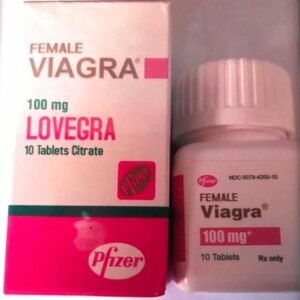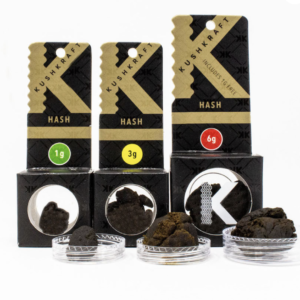If you have undergone several therapies and treatments for depression but to no avail – then you just might have treatment resistant depression (TRD).
Treatment resistant depression (TRD) is an illness that not anyone can relate to. It remains to be an important challenge worldwide, even to healthcare providers.
It continues to affect overall health, impair productivity, and even reduce life expectancy.
For people with major depressive disorders, quality of life is restored once antidepressants are started. Sad thing with TRD is that none of these antidepressants get the job done.
Furthermore, 10-30% of patients suffering with a major depressive disorder actually have TRD (Al-Harbi, 2012).
The operational definition of TRD is proposed as a state of major depression which has a poor or unsatisfactory response to two trials of two different classes of antidepressants given at the optimal dosage and duration (Al-Harbi, 2012). Hence, the diagnosis of TRD should be verified by a qualified clinician, though it poses a huge diagnostic and therapeutic challenge to health providers.
With numerous researchers trying to crack the code behind TRD, a huge veil has finally lifted. Ketamine and esketamine are the most studied treatments for TRD these days.
Ketamine is primarily approved and has been used as an anesthetic for over 50 years. Recent research support its potential as a rapid-onset antidepressant (please link to ketamine article). Esketamine, an enantiomer of ketamine, is FDA approved as a drug for treatment-resistant depression. Esketamine is half of the IV version, specially only the left isomer.





happi jordan –
An exceptional experience! The quality of Keth is unmatched, offering a fantastic balance of flavor and effects. Highly recommend for anyone seeking top-notch products. Will definitely return!